Topic Editors





Healthy, Safe and Active Aging, 2nd Edition
Topic Information
Dear Colleagues,
The aging of the population on a global scale is a complex demographic process involving social, cultural and economic aspects. While the increase in longevity in recent decades is undoubtedly a great success, on the other hand, it is necessary to ensure and maintain psychophysical and relational wellbeing in older persons in order to monitor and manage the progressive loss of functional abilities as well as the onset of age-related diseases. In addressing the challenge of the aging population, policies aimed at prevention, rehabilitation, environmental facilitation and economic, social and motivational support of the elderly and their family were developed. The World Health Organization (WHO) defines healthy aging as “the process of developing and maintaining the functional ability that enables wellbeing in older age”. The core concept of maintaining vitality capacity is increasingly important. The interaction between the intrinsic capacity of an individual (mental and physical capacities) and the relevant environmental characteristics (home, community and broader society, the built environment, people and their relationships, attitudes and values in addition to health and social policies) is a requirement for healthy aging. Moreover, in order to turn aging into a positive experience, the WHO has adopted the term active aging to define “the process of optimizing opportunities for health, participation and security in order to enhance quality of life as people age”. During the entire course of their life, people should act in favor of their physical, social and mental wellbeing, according to their needs, desires and capacities. In addition, the progressive loss of functional abilities as well as the onset of age-related diseases creates major health and safety problems for workers if their tasks are always designed for young people. This Topic is devoted to providing a contribution regarding the determinants of healthy, safe and active aging, embracing the biopsychosocial model, by considering biological, psychological and social factors as well as their complex interactions in understanding health, illness and healthcare delivery in aging. Demographic and cultural characteristics, social and economic determinants, physical environments and personal and behavioral determinants, from medical, psychological, sociological and technological points of view, will be considered. We welcome manuscripts related to the following: (a) mental health, the promotion of the decrease in risk factors associated with major diseases and the increase in factors protecting health; (b) psychological factors (cognition, emotion and personality) in normal and pathological aging; (c) biological factors (genetic, molecular and cellular); (d) quality of life, assessment, prevention, effective treatments and interventions, holistic medicine, age-friendly and safe environments and social support; and (e) available and emerging technologies for interfacing with the human brain and of their application to support elderly individuals (assistive technologies, neuroengineering, biomedical engineering, information technology and sensor technology).
Dr. Antonella Lopez
Prof. Dr. Andrea Bosco
Prof. Dr. Giuseppina Spano
Dr. Luigi Tinella
Dr. Elisabetta Ricciardi
Dr. Alessandro Oronzo Caffò
Topic Editors
Keywords
- active aging
- healthy aging
- health policies
- health promotion
- health and environment
- assessment and intervention
- technology and virtual reality
- individual differences
- spatial cognition
- cognitive reserve
- holistic medicine
- engineering
- aging-friendly technologies
Participating Journals
| Journal Name | Impact Factor | CiteScore | Launched Year | First Decision (median) | APC | |
|---|---|---|---|---|---|---|
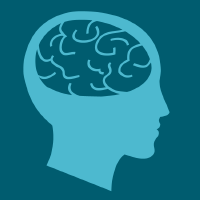
Brain Sciences
|
2.8 | 5.6 | 2011 | 16.2 Days | CHF 2200 | Submit |
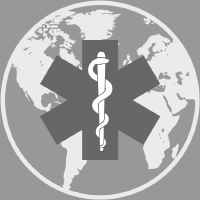
International Journal of Environmental Research and Public Health
|
- | 8.5 | 2004 | 27.8 Days | CHF 2500 | Submit |
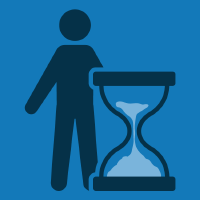
Journal of Ageing and Longevity
|
- | - | 2021 | 23.3 Days | CHF 1000 | Submit |

Nursing Reports
|
2.0 | 2.8 | 2011 | 27.5 Days | CHF 1800 | Submit |
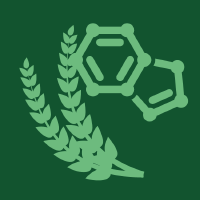
Nutrients
|
5.0 | 9.1 | 2009 | 12.9 Days | CHF 2900 | Submit |
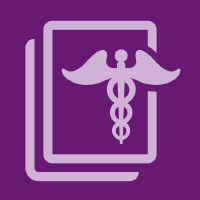
Healthcare
|
2.7 | 4.7 | 2013 | 21.5 Days | CHF 2700 | Submit |

Preprints.org is a multidisciplinary platform offering a preprint service designed to facilitate the early sharing of your research. It supports and empowers your research journey from the very beginning.
MDPI Topics is collaborating with Preprints.org and has established a direct connection between MDPI journals and the platform. Authors are encouraged to take advantage of this opportunity by posting their preprints at Preprints.org prior to publication:
- Share your research immediately: disseminate your ideas prior to publication and establish priority for your work.
- Safeguard your intellectual contribution: Protect your ideas with a time-stamped preprint that serves as proof of your research timeline.
- Boost visibility and impact: Increase the reach and influence of your research by making it accessible to a global audience.
- Gain early feedback: Receive valuable input and insights from peers before submitting to a journal.
- Ensure broad indexing: Web of Science (Preprint Citation Index), Google Scholar, Crossref, SHARE, PrePubMed, Scilit and Europe PMC.
Related Topic
- Healthy, Safe and Active Aging (27 articles)


